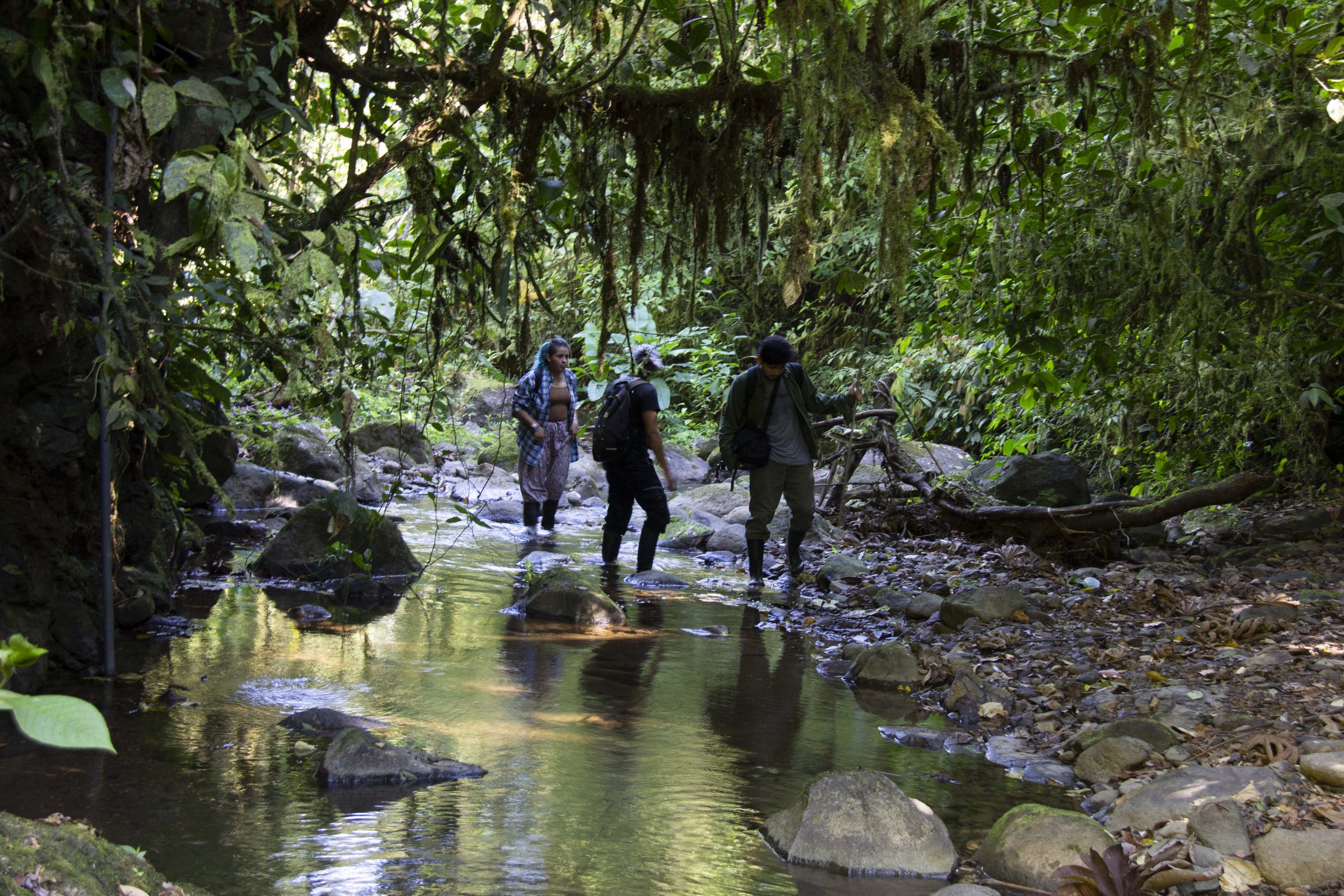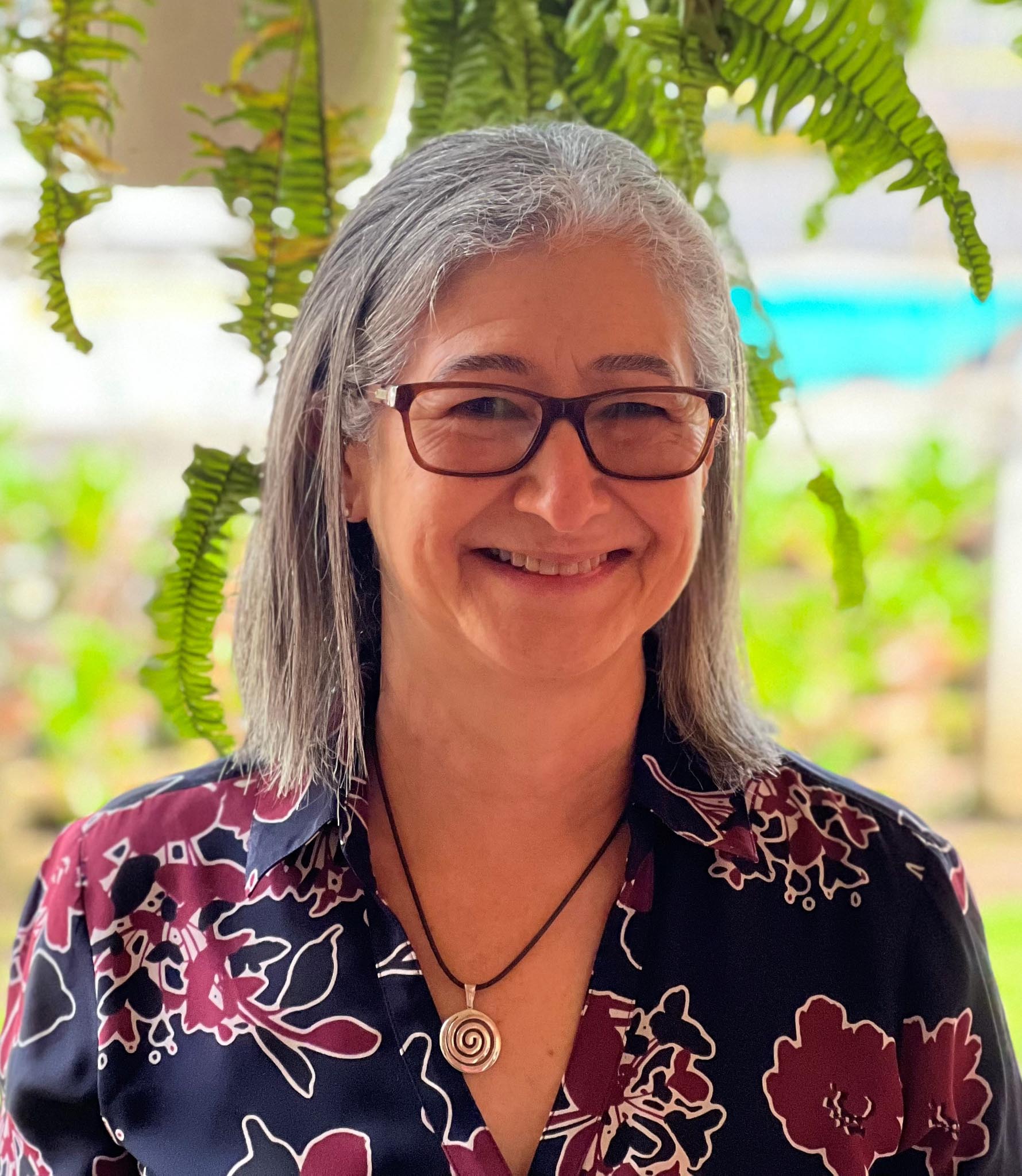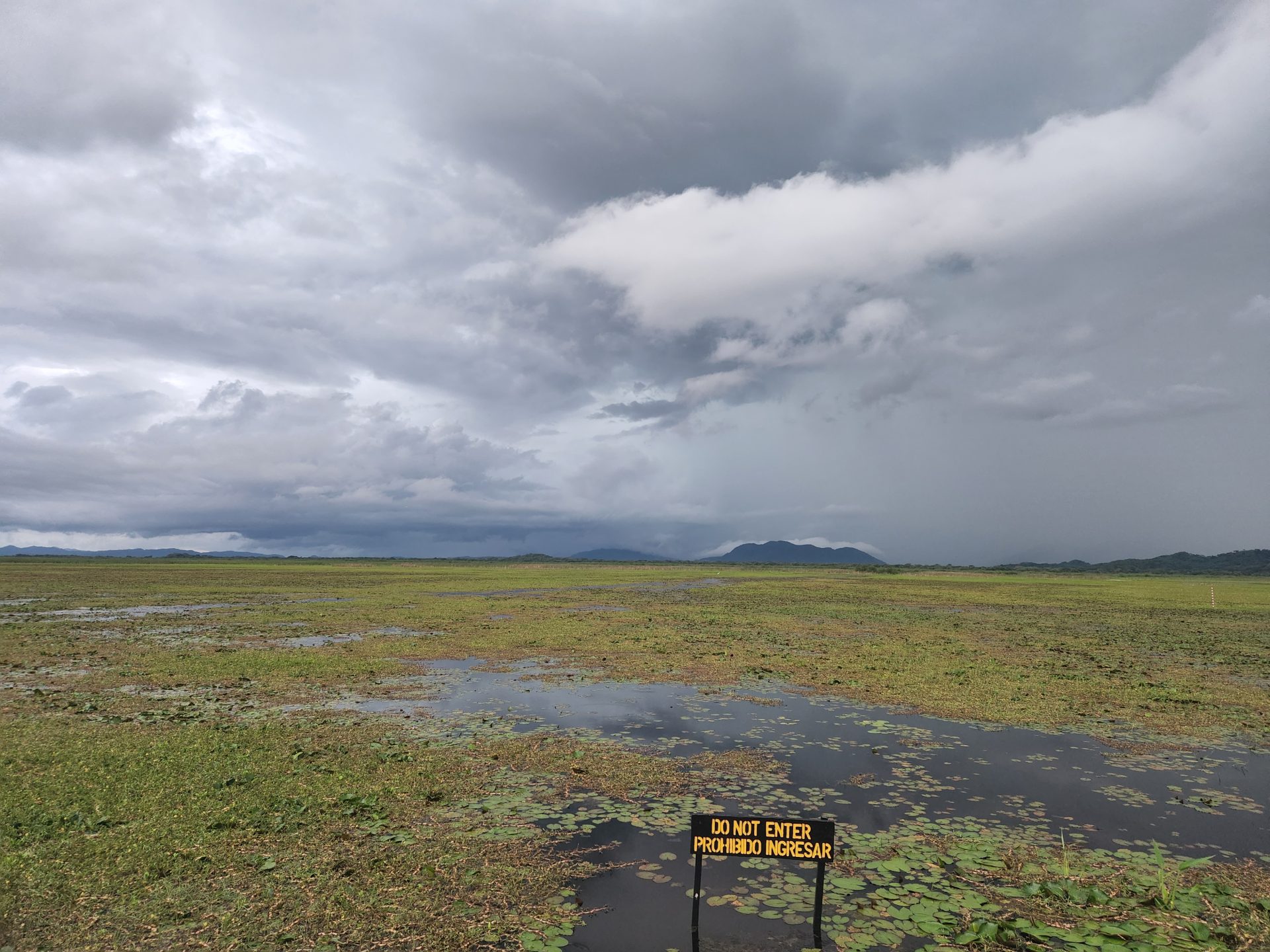
February 24 – March 3, 2023
Scholarships available

Water: A Critical and Imperiled Global Resource
Every aspect of our planet’s health and the existence of human and non-human communities depends on water, and yet the earth’s fresh water and ocean resources are under increasingly serious threat. This course will explore the biggest threats to global water resources and the potential policy solutions to protect them.
After this 8-day course, you will be able to identify and understand the socioeconomic implications of water contamination and the lack of public policies to protect this resource, as well as the consequences for social justice, equity, and political instability.
This course is for advanced or graduate students, local and national government decision makers, non-governmental organization personnel, embassy representatives, civil society organizations representatives, and other professionals with basic familiarity with the issues of water resources.
Please note that the OTS ESP program has a rolling admissions policy. The last day to apply is January 29, but the course may fill before the deadline. Apply early!
For more information email us at esp@tropicalstudies.org.
Course coordinator
Dr. Luisa Castillo Martínez
Dr. Castillo Martínez holds a degree in microbiology from the Universidad de El Salvador, and biology from the Universidad de Costa Rica, complemented with a specialization in Toxicology and a doctorate in Ecotoxicology from the University of Stockholm, Sweden. She has served as Research Vice-dean for the Universidad Nacional de Costa Rica (UNA) and Director and Researcher for the Regional Institute in Toxic Substances (Instituto Regional en Sustancias Tóxicas). Moreover, she has a long history leading research in horticultural, banana, and rice fields, as well as protected areas in Costa Rica.
Luisa Castillo was a founder of the Regional Institute for Toxic Substances Studies (Instituto Regional de Estudios en Sustancias Tóxicas – IRET) and promoted the creation of the Hydric Resources Center (Centro de Recursos Hídricos – HIDROCEC) from UNA. Throughout her experience, Dr. Castillo has also been an active member of different professional communities like the Experts Group in Chemical Substance (Grupo de Expertos en Sustancias Químicas – SECE) for the United Nations Environmental Program, the Ibero-American Society for Environmental Pollution and Toxicology (Sociedad Iberoamericana de Contaminación y Toxicología Ambiental – SICTA) and the Scientific Advisory Committee of the International Foundation for Science (Comité Científico Asesor de la Fundación Internacional para la Ciencia – IFS).
Faculty and speakers
Catherine Pringle, PhD – University of Georgia
Dr. Pringle is a Distinguished Research Professor at the University of Georgia’s (UGA) Odum School of Ecology, where she specializes in the study of aquatic ecosystems and conservation ecology. Pringle has worked for the Odum School of Ecology for 30 years and served as Chair of the Conservation Ecology program from 1993 to 2019.
Jorge Jiménez, PhD – MarViva Foundation – Costa Rica
Dr. Jiménez is the General Director of the MarViva Foundation for Costa Rica, Panama, and Colombia. He has a PhD from the University of Miami, and specializes in marine biology and ecology, with extensive experience in the field of scientific research. He has held titles as the President of the Scientific Community of the Ramsar Convention and the Scientific Director of Wetlands International, and received the Costa Rican National Science Award in 1990.
Jorge Cortés Núñez, PhD – Universidad de Costa Rica
Dr. Cortés is a Professor Emeritus, Researcher, and Former Director of the Center for Research on Marine and Limnological Sciences (CIMAR) at Universidad de Costa Rica. He received his Doctoral Degree from Miami University, and specializes in coral reefs and marine diversity. In 2022, Dr. Cortes received the International Coral Reef Society (ICRS) Award for Eminence in Research.
And many more!

